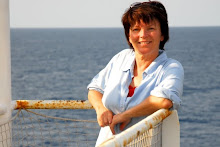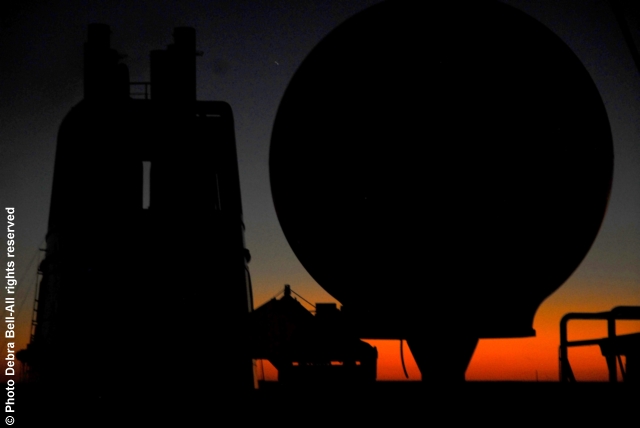In a paradise of rolling hills with luscious green vegetation and rich terracotta soils, there is a formidable enemy – death. Tragically, children are its most vulnerable targets.
This is Sierra Leone, with a population of 4.7 million, primarily threatened by hopelessly poor sanitation and inadequate medical facilities, combined with lack of knowledge of basic hygiene. Sadly, the most common cause of death is diarrhea as a result of swallowing harmful bacteria – bacteria often associated with poor sanitation.
The logical conclusion is that maintaining good hygiene and nutrition is the key element in protecting lives. This is especially important in consideration of the limited medical facilities available. According to the World Health Organization, there are only five main hospitals. There are a handful of satellite hospitals in the towns, supported by twelve district hospitals in the provinces.
The realities of these statistics have become increasingly evident during many of the previous Mercy Ships Field Services. There have been numerous occasions when medical crew extended their roles in order to provide basic health care advice to patients. On a floating hospital ship that relies on professional volunteers, every second counts in bringing hope and healing to the West African nations. Therefore, it was quickly recognized that health education was a valuable need, and an off-ship Health Education Program was designed for patients. The program’s coordinator is Becca Taylor.
The program takes a preventative approach to health by promoting an understanding of a variety of topics – hygiene, nutrition, causes / treatment of diarrhea, basic first aid, malaria prevention and common diseases such as measles.
Considering the minimal and often desperately poor medical facilities available in Sierra Leone, this basic health education offers a lifeline – especially for the children. The 2010 report from the World Health Organization stated that one child out of five does not reach his or her fifth birthday.
The hospitality unit at the HOPE Centre provides pre-op and post-op patient care, and it is the chosen location for the health education training. Often the patients are not immediately aware of the importance of the lessons. They are usually motivated to attend due to curiosity or their relationship with the trainer. Thus, it is very important that the class format is designed to keep them engaged and focused.
All the training consists of basic information relayed through informal presentations, demonstrations and activities. The practical element is critical for the patients’ involvement as this will teach them skills to implement at home. Adding fun and laughter to an interactive approach motivates the patients to listen and learn.
For instance, one training session used the shower rooms to demonstrate how to use the water to wash bodies and clothes, as well as advice about hygienic toilet training for small children. This training was aided by pictures on the wall and fun props such as a brightly colored shower cap (an item not widely available locally).
Another session presented the importance of cleaning hands, including the concept of transferring germs. One presenter dipped his hands in flour and started touching objects and shaking the patients’ hands. The doughy white-powdered handprints were a visual illustration of the transference of germs when people forget to wash their hands. The presentation closed with a demonstration of the hand actions required to wash all the germs away accompanied by a hearty rendition of the song “Tenki Papa God” (“Thank You, Father God”).
Then the fun escalated as the practical activity began. The patients were required to wet their hands, plunge their hands into a large bowl of flour, and then tour the garden to leave white handprints on colored paper in various locations. After the tour, they lined up at the garden tap to give their hands a good scrub with soap to remove the half-dried, sticky flour mixture – again while singing a 20-second verse of “Tenki Papa God.” The activity closed with a group photo of arm-waving, laughing participants.
This positive communication and interaction will help patients remember the valuable lessons. Then they can take their new-found knowledge home and apply it to their families. In this way, they can prevent or minimize illness . . . or maybe even contribute to saving the life of a loved one!
Story by Claire Ross
Photos by Debra Bell
Thursday, June 9, 2011
Subscribe to:
Post Comments (Atom)










































No comments:
Post a Comment
Note: Only a member of this blog may post a comment.